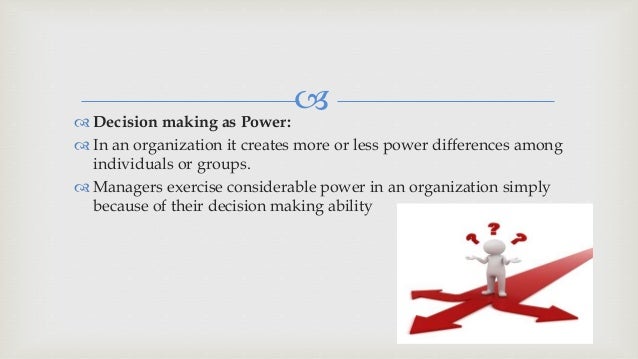

I have known of Paul Farmer for years, principally through footnotes in his fellow Bostonian Noam Chomsky's books (whom Farmer thanks in his acknowledgements to this book) and in a variety of other books and articles over the years, and I thought it was about time that I became better acquainted with his writings and managed to get my hands on a copy of his 2004 book "Pathologies of Power".įarmer's basic aim in this book is to argue for a working definition of Human Rights that includes those social justice: in general those social and economic rights which articles 22-27 of the UN Declarations of Human Rights (1948) describe. Farmer’s urgent plea to think about human rights in the context of global public health and to consider critical issues of quality and access for the world’s poor should be of fundamental concern to a world characterized by the bizarre proximity of surfeit and suffering. Otherwise, he concludes, we will be guilty of managing social inequality rather than addressing structural violence.

Farmer’s disturbing examples are linked to a guarded optimism that new medical and social technologies will develop in tandem with a more informed sense of social justice. Yet this book is far from a hopeless inventory of abuse.

He illustrates the ways that racism and gender inequality in the United States are embodied as disease and death. Farmer challenges conventional thinking within human rights circles and exposes the relationships between political and economic injustice, on one hand, and the suffering and illness of the powerless, on the other.įarmer shows that the same social forces that give rise to epidemic diseases such as HIV and tuberculosis also sculpt risk for human rights violations. With passionate eyewitness accounts from the prisons of Russia and the beleaguered villages of Haiti and Chiapas, this book links the lived experiences of individual victims to a broader analysis of structural violence. Paul Farmer, a physician and anthropologist with twenty years of experience working in Haiti, Peru, and Russia, argues that promoting the social and economic rights of the world’s poor is the most important human rights struggle of our times. Pathologies of Power uses harrowing stories of life-and death-in extreme situations to interrogate our understanding of human rights.


 0 kommentar(er)
0 kommentar(er)
